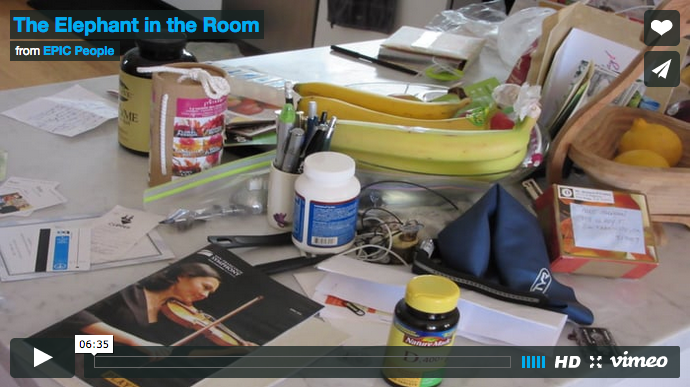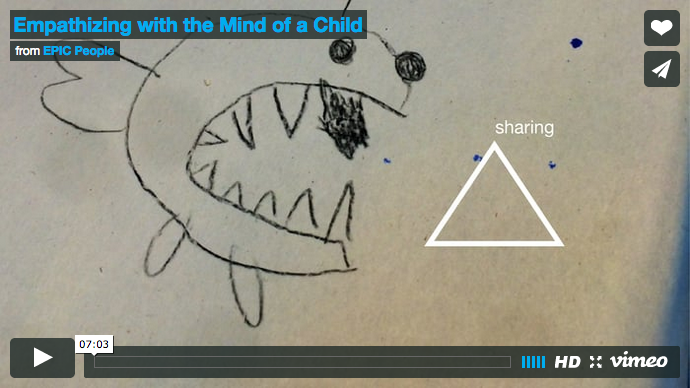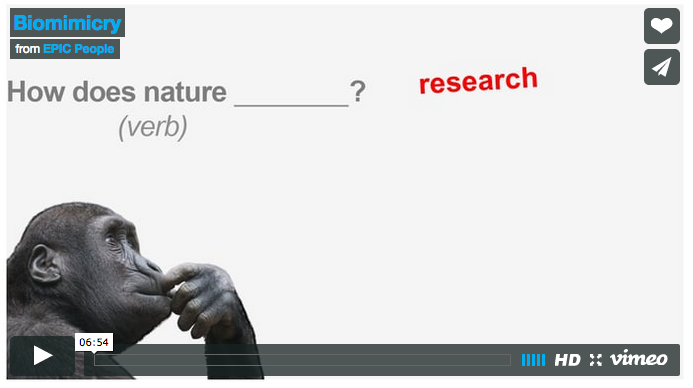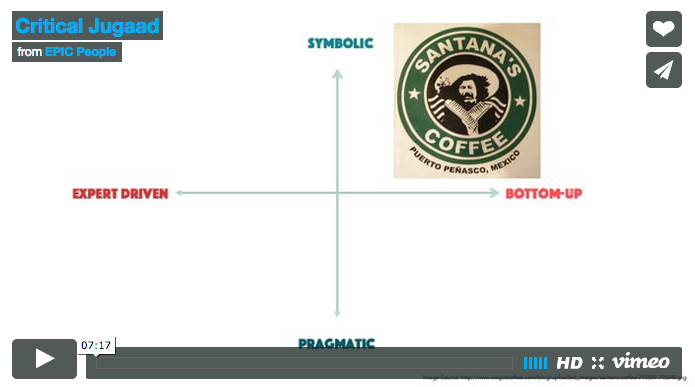
by Liubava Shatokhina | Jan 12, 2017 | PechaKucha
PechaKucha—We sometimes use ethnographic tools and methods with less reflexivity than they deserve. When you start to look at the constellation of objects in the spaces people inhabit, the traces of their values and practices can be seen everywhere. After all, the...

by Ari Nave | Jan 12, 2017 | PechaKucha
PechaKucha—Empathy is an indispensable tool in design. But poorly executed, the application of empathetic thinking can lead to worse results. When examined more closely, empathy is problematic both in concept and in practice. Deconstructed into the component parts —...

by Simon Roberts | Jan 12, 2017 | PechaKucha
PechaKucha—This presentation reflects on the cognitive impacts of running. It is a personal reflection on the desire (and need) I have to run. Running is an activity that has both banal and transcendental aspects. It’s physical, time consuming and sometimes verges on...

by Adina Daar | Jan 12, 2017 | PechaKucha
PechaKucha—The natural world is full of researchers – from the smallest of butterflies scoping out the perfect leaf to land on to the largest of elephants retracing the steps of their ancestors to find food and water. Every creature on earth is in a perpetual state of...

by Deepa Butoliya | Jan 12, 2017 | PechaKucha
PechaKucha—This Inquiry explains how people use ingenious making practices like Jugaad as a tool for existence, subversion and criticality against colonial powers of oppression. Jugaad like practices form cultural binders and empower people to find a collective force...






